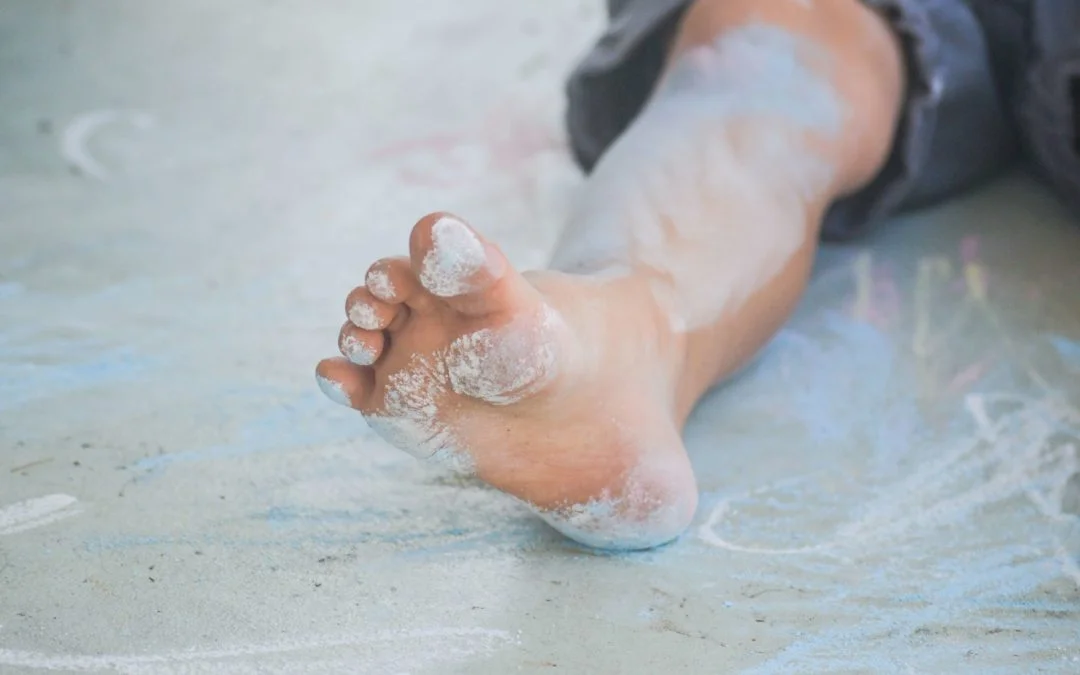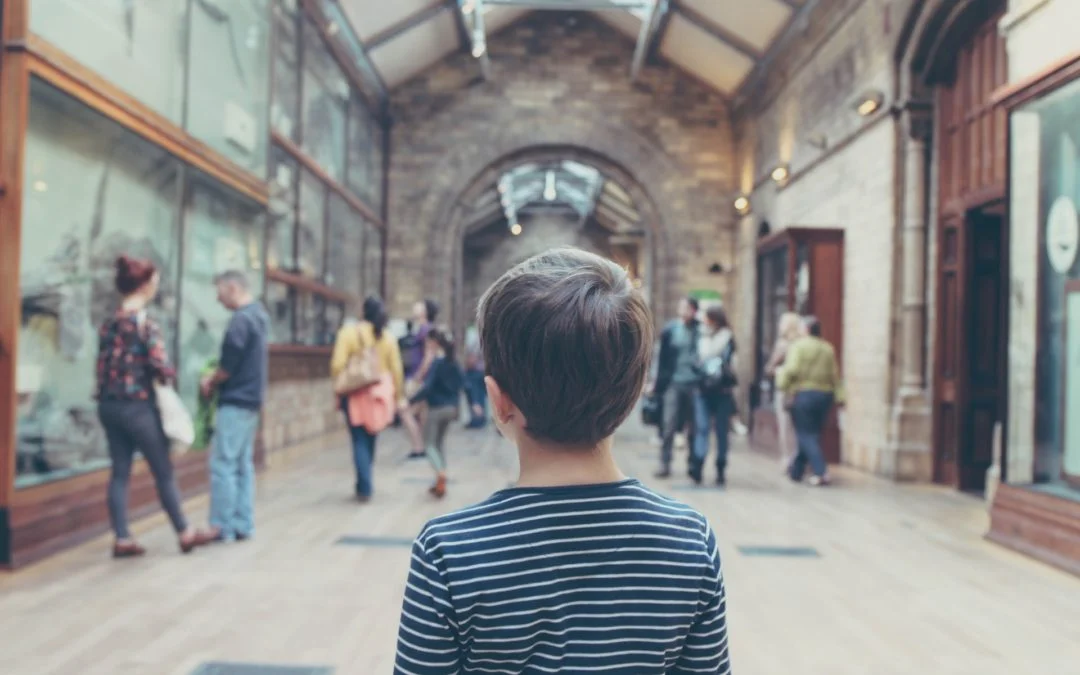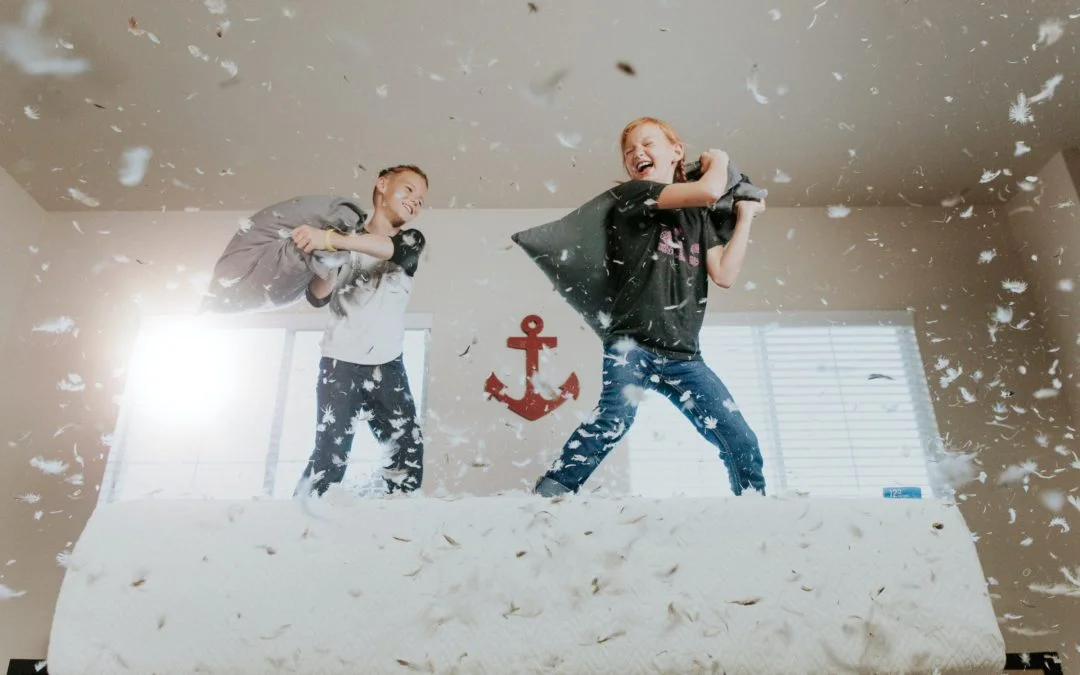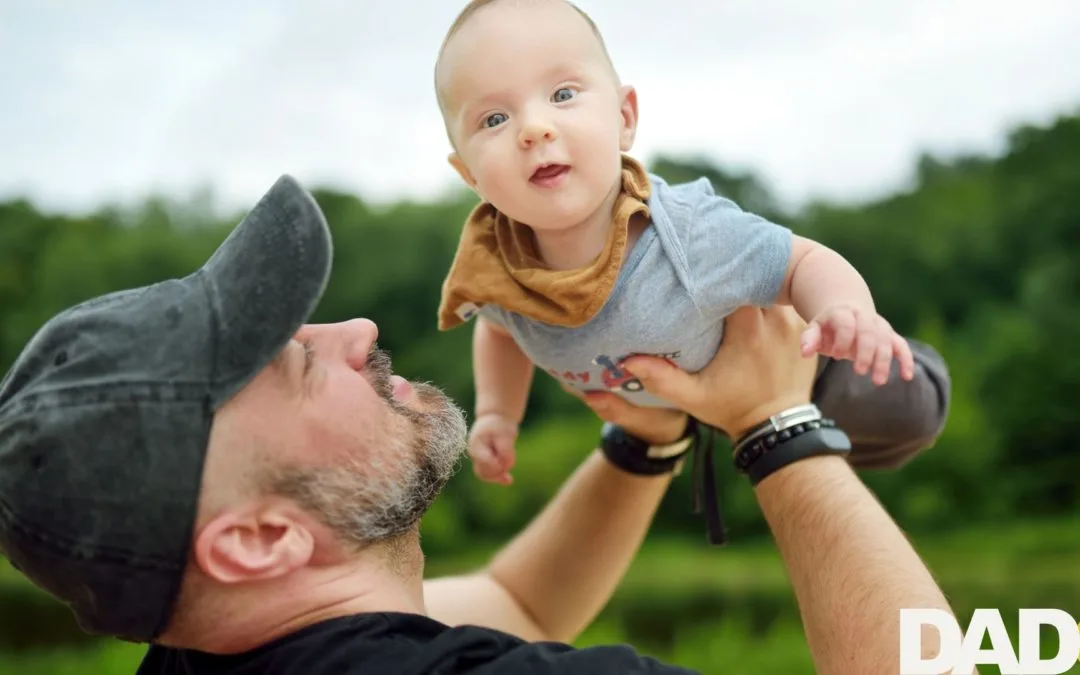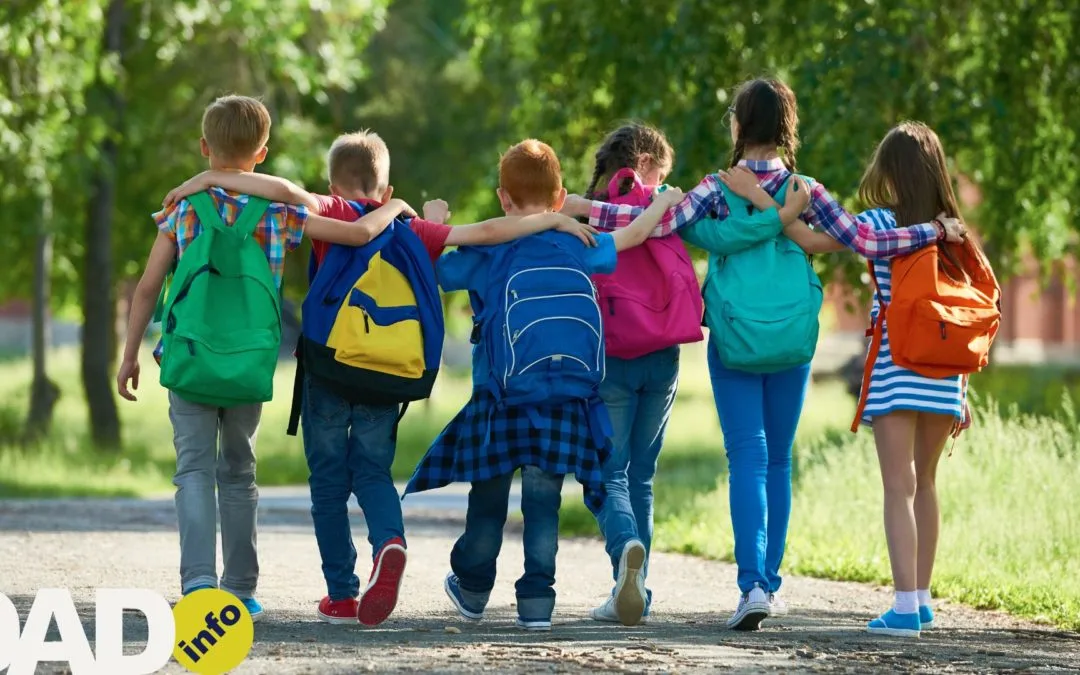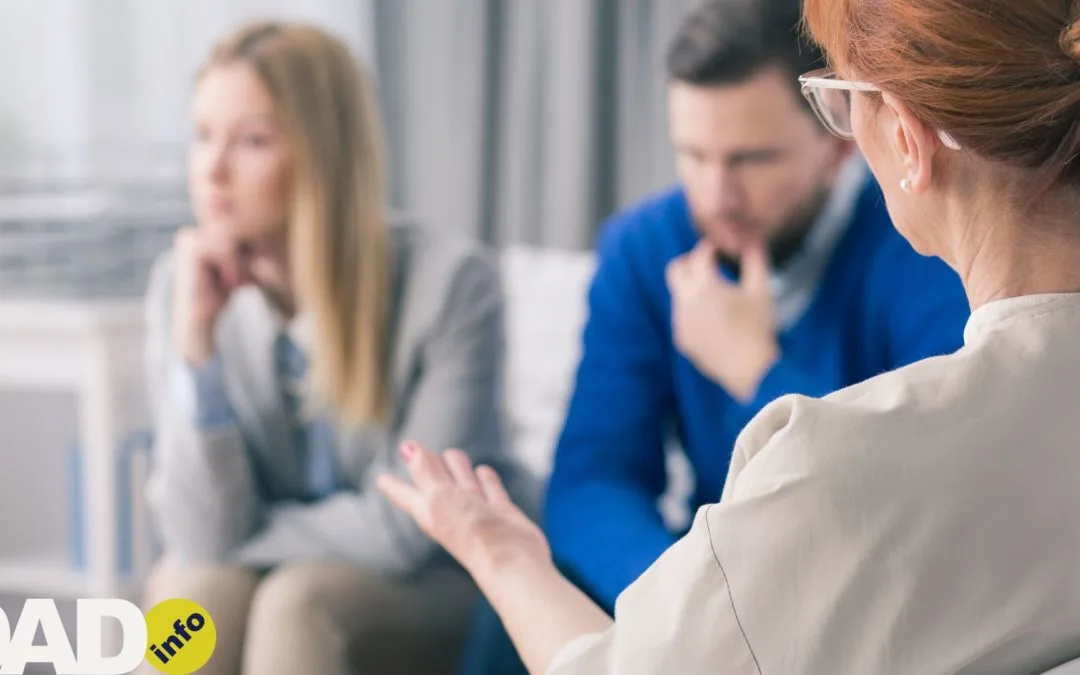This is a time of a lot of development physically, emotionally and in terms of learning ability (cognitive). Eyesight will be as accurate as yours by six months. Baby will be able to hold toys with her/his fingers in a line but not yet able to manipulate toys by moving fingers around them. Many toys will still be too heavy
Essentially the play at this stage is centred around encouraging physical and emotional development in a way which is not unlike play for children as they approach puberty!
You are no longer the only ‘toy’ for your child, toys become meaningful for the first time at this stage and you should check that you have toys which do the following things:
- The toy does something when the baby does something (e.g. makes a noise when baby hits it or moves it)
- Baby has to use hands to hold it (early in this stage s/he will have fingers in a line as it is too early to actually move and handle a toy until nearer to six months).
- Are multi-coloured
- Have mirrors and reflect light in different ways.
- Dangle so as to encourage baby to reach out.
- Place baby in different positions in order to play (sitting propped up, lying on tummy, lying on back etc.
Some ideas for games
- Peek-a-boo: This age-old favourite will teach your baby that things go on existing even when they can’t be seen. According to psychology theory, it helps develop a sense of anticipation, memory and a concept of the future. Baby may be a little anxious but fear gives way to the funny-ness if you’re careful. Should only be played by people who the baby knows and trusts.
- Rattling toys: Toys should be moved slowly at first to allow baby to see them and the brain to think about what is happening (which is slower than it is for you!)
- Reading books: Baby will enjoy the tone changes in your voice and is now able to recognize more complex pictures.
- Changing position: Moving baby’s position to do an activity creates a whole new game (play with a toy on his front and then turn onto tummy and play again.)
- Mirrors: A baby will love seeing their face in a mirror but at this stage they do not know it is their face – they will consider it another person’s face.
- Sing and Tickle games: e.g., round and round the garden, this little piggy goes to market, etc.
- Dangling toys: Your baby will love to reach out and grasp toys that are dangling just within his/her reach, and will be able to hold onto them with both hands or kick with his feet.
- Carry Pouch: Baby will enjoy doing activities whilst in a carry pouch facing outwards now as s/he can focus more fully and see what you are doing. Avoid noisy activities such as mowing the lawn! (You can laugh but it seemed like a good idea at the time….until the crying started!)
As your baby grows, s/he begins to learn that if s/he does something it will have a consequence – for example, if s/he shakes his/her rattle, it makes a noise! Understanding that s/he can have an effect on the world is really important for baby to learn good self-esteem… by doing something again and again, s/he’ll learn by experience. This goes on throughout our lives as we learn about our actions and their consequences….some may argue that there are adults who still need to learn this stuff! Learn more about your baby by watching for developmental milestones here.




